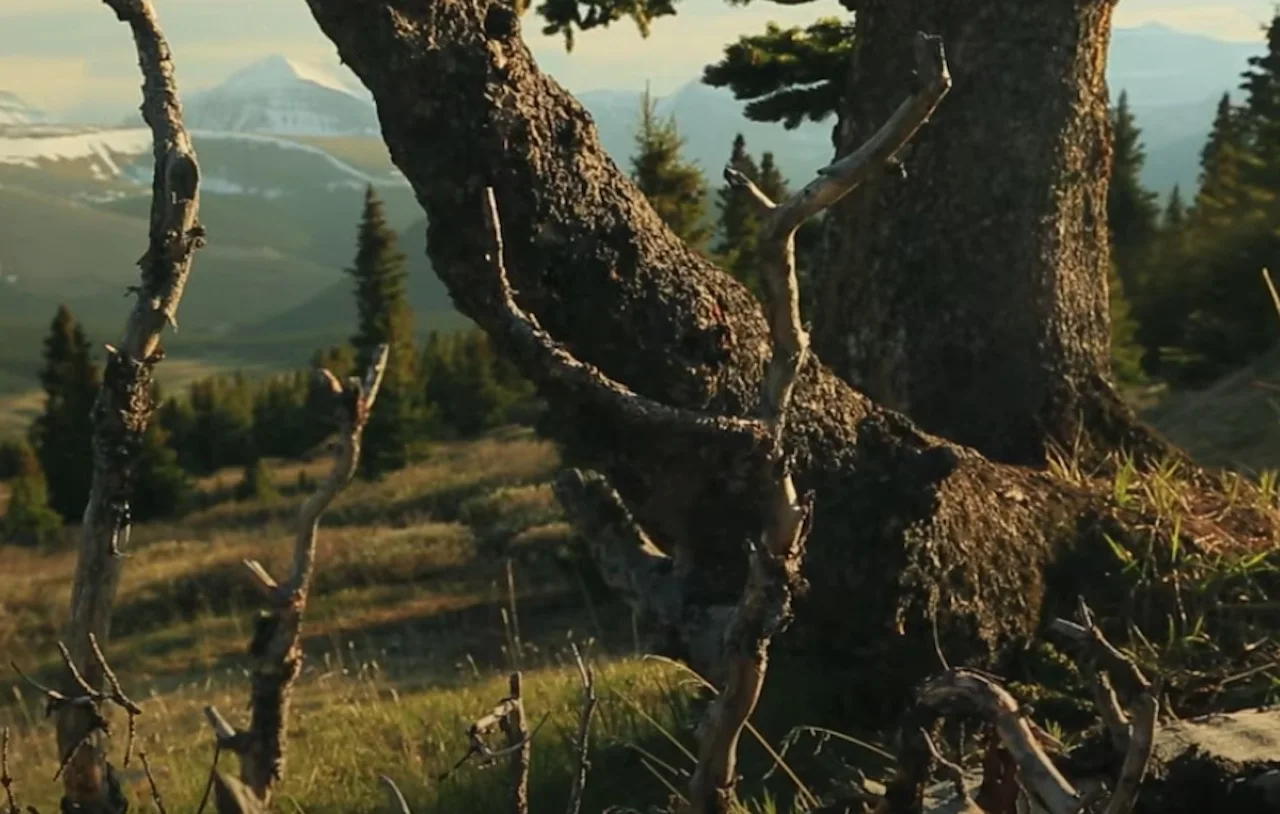
Pairing youths with nature can form future conservation leaders: Group
Developing an appreciation for the environment at a young age can reap benefits for the adult years, says a Canada-based charity focused on fostering life skills in youths.
Spending time in nature can have significant mental and physical health benefits for people of any age, but it can also give youths the skills they need to become leaders later in life, especially on conservation issues.
For example, Outward Bound Canada, a national youth-serving registered charity that provides greater access to educational programs for those ages 12 and up, found a connection to nature had a positive impact on participants in 2021.
Through a study conducted by a third party to analyze the effects of its programming, Outward Bound Canada found that 85 per cent of youth participants reported a strong increase in their connection to nature, 75 per cent showed an increase in their ecological awareness and 70 per cent were more likely to make eco-friendly choices.
Visit our Complete Guide to Summer 2022 for an in-depth look at the Summer Forecast, tips to plan for it and much more!
"We need people who are leaders in our communities, who, no matter what decisions they're [making] or whatever activities they are getting involved with, they have an eye to the natural environment," said Andrew Young, Outward Bound Canada executive director, in a recent interview with The Weather Network.
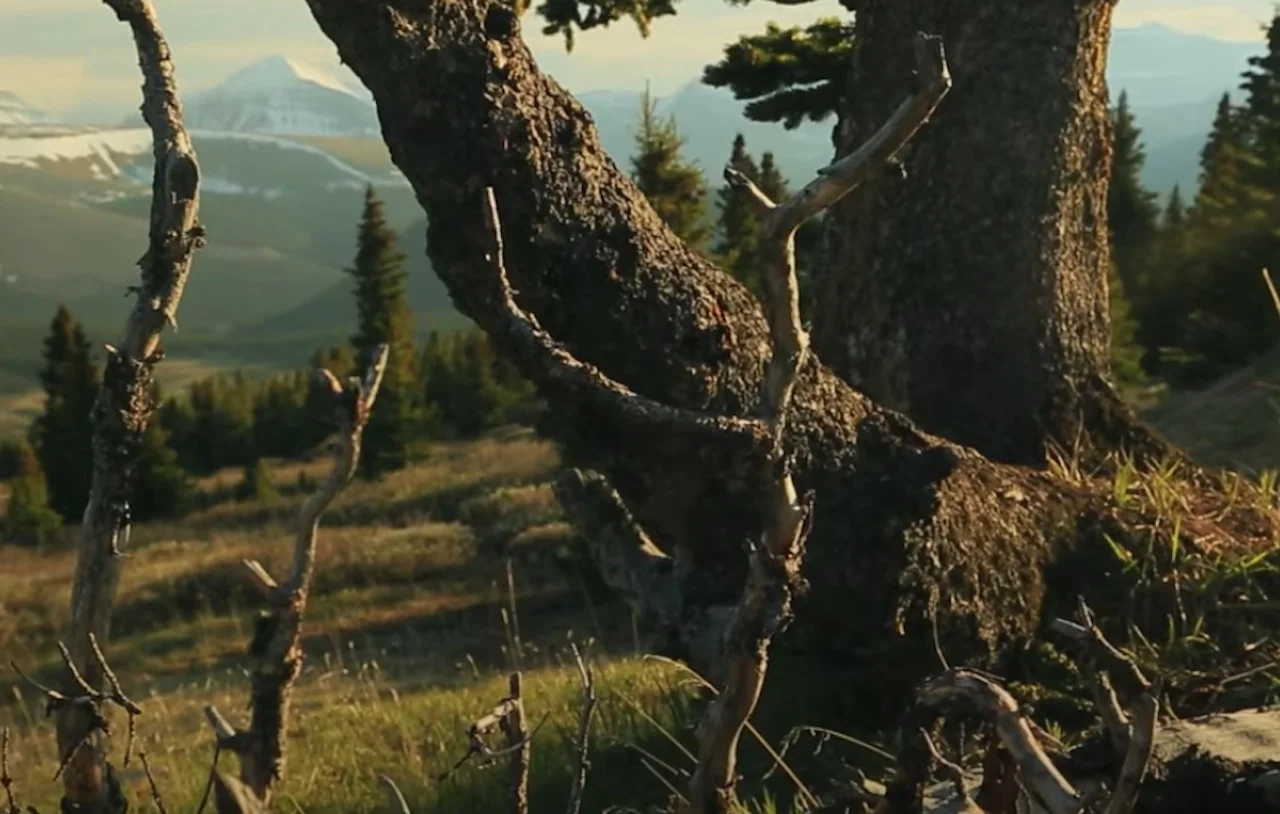
(Outward Bound Canada)
"Learning now and having that ingrained earlier on is going to help the planet with the decisions that folks will make later in their lives."
MANY ASPECTS TO CONNECTING YOUTHS TO NATURE
Outward Bound Canada's programs focus on building resilience, social and emotional intelligence, and environmental leadership, which contributes to the positive physical, mental and emotional well-being of youths. They also prepare them for future success at school, work, and in their communities.
Fostering environmental leadership involves a number of different elements. When you spend time outdoors you appreciate the "odd wonder" of what's around you, Young said.
"[And] that filters into their decision-making. It can be as simple as volunteering for the local service club. They need to plan an activity and they make a decision to get the community involved," he said.
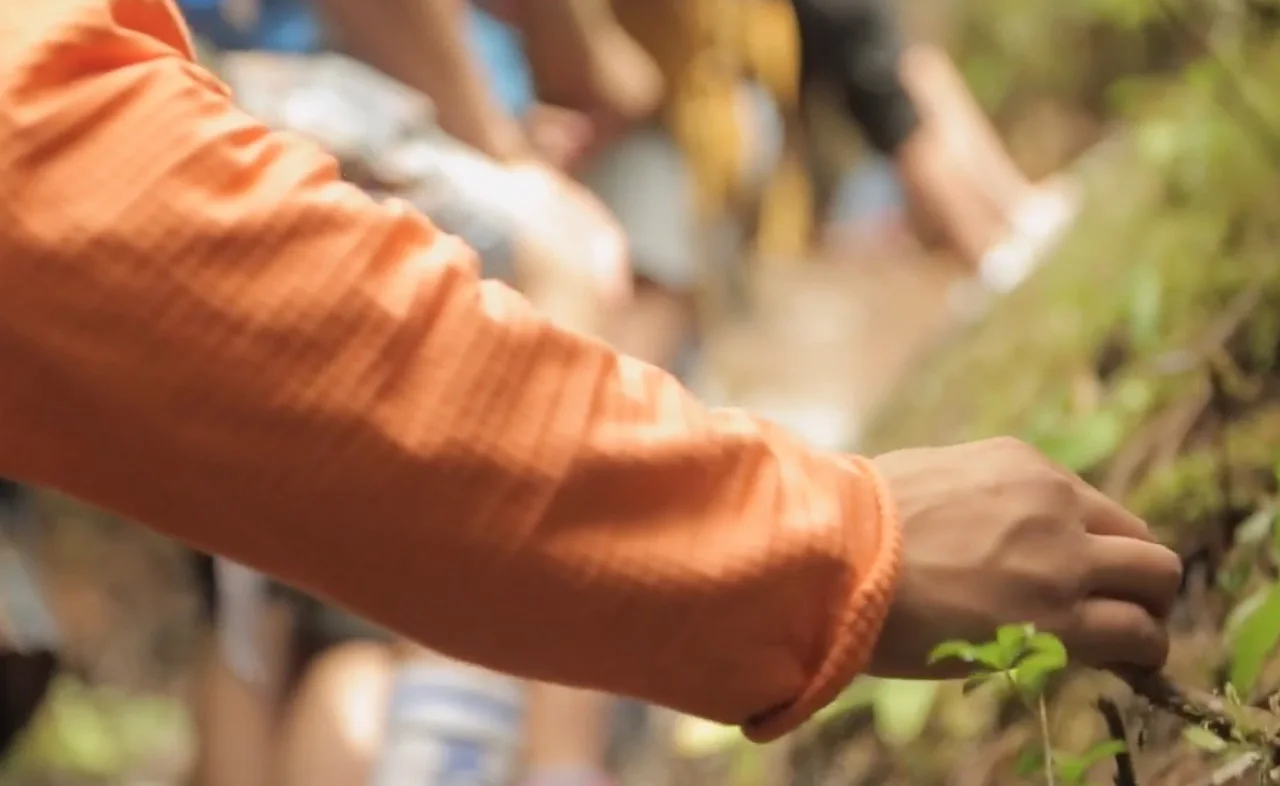
(Outward Bound Canada)
The organization also teaches youth about no-trace camping, which for many, will be the first time they will learn about keeping the outdoor surroundings clean and why it is important, Young noted.
"You think about food waste, food wrappers...it all needs to come back out with you, so you end up having to carry all that along the way," said Young.
As the moniker suggests, leaving no trace behind involves bringing back everything you took with you into the wilderness, thus avoiding leftover traces of unwanted garbage or signs of your presence on the local environment.
"You're going into wilderness areas that are quite pristine and some of them are conservation lands. The obvious thing is you want to leave those places, hopefully, in better shape than when you found them," said Young.
OUTDOOR EXPEDITIONS SHOWCASE CONSERVATION IMPORTANCE
As part of the curriculum and to promote the concept of no-trace camping, the company takes youths on outdoor expeditions in B.C., Alberta, Ontario and Atlantic Canada, for example, where it operates in.
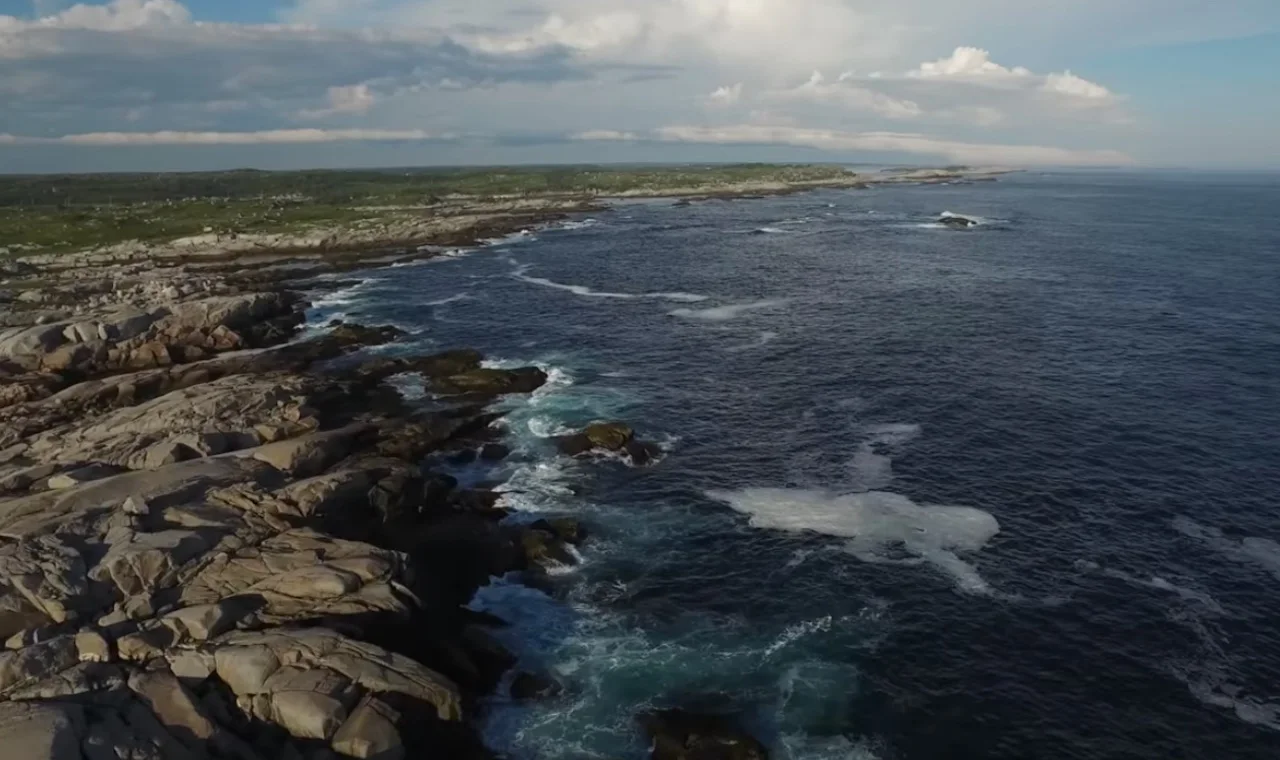
(Outward Bound Canada)
It has taken participants to Georgian Bay and Temagami River Provincial Park in Ontario, Kananaskis Provincial Park in Alberta, Tofino, B.C., and Kajimijuk Provincial Park in Nova Scotia, just to name a few.
"Whether it's an Outward Bound Canada course, going to a summer camp, spending a day at a national park and in nature...just being connected to the land and to the environment around you...there's certainly evidence that suggests that those are all good things," said Young.
From the 2021 survey, youths also reported a general deeper appreciation for nature and Canada's natural spaces. The youth head home from their expedition and are more likely to engage in pro-environmental behaviour.
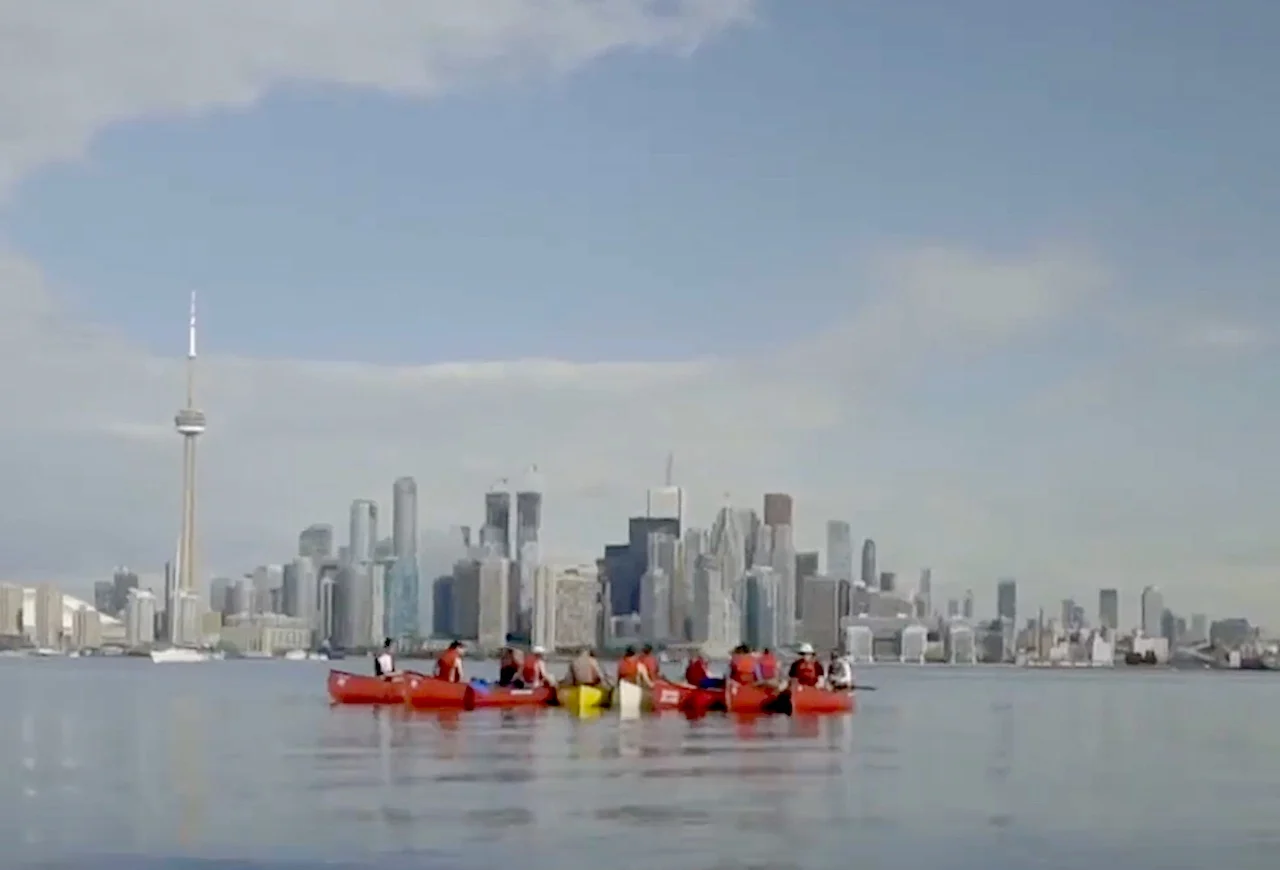
(Outward Bound Canada)
For example, they showed a higher likelihood to influence household decisions such as recycling, and were more likely to engage in conservation efforts.
With Canada's vast, beautiful and diverse landscape, Young wants to see more integration of outdoor and environment-related education offered in schools, something he feels is lacking nowadays, the executive director said.
"My kids don't really get that opportunity through school anymore. It's created a situation where it's almost like a have and have nots. You need the resources to get out there properly," said Young. "These folks are going to be the next generation of leaders, in whatever capacity that means, like leadership in a broad sense."
Thumbnail courtesy of Outward Bound Canada.
Follow Nathan Howes on Twitter.
